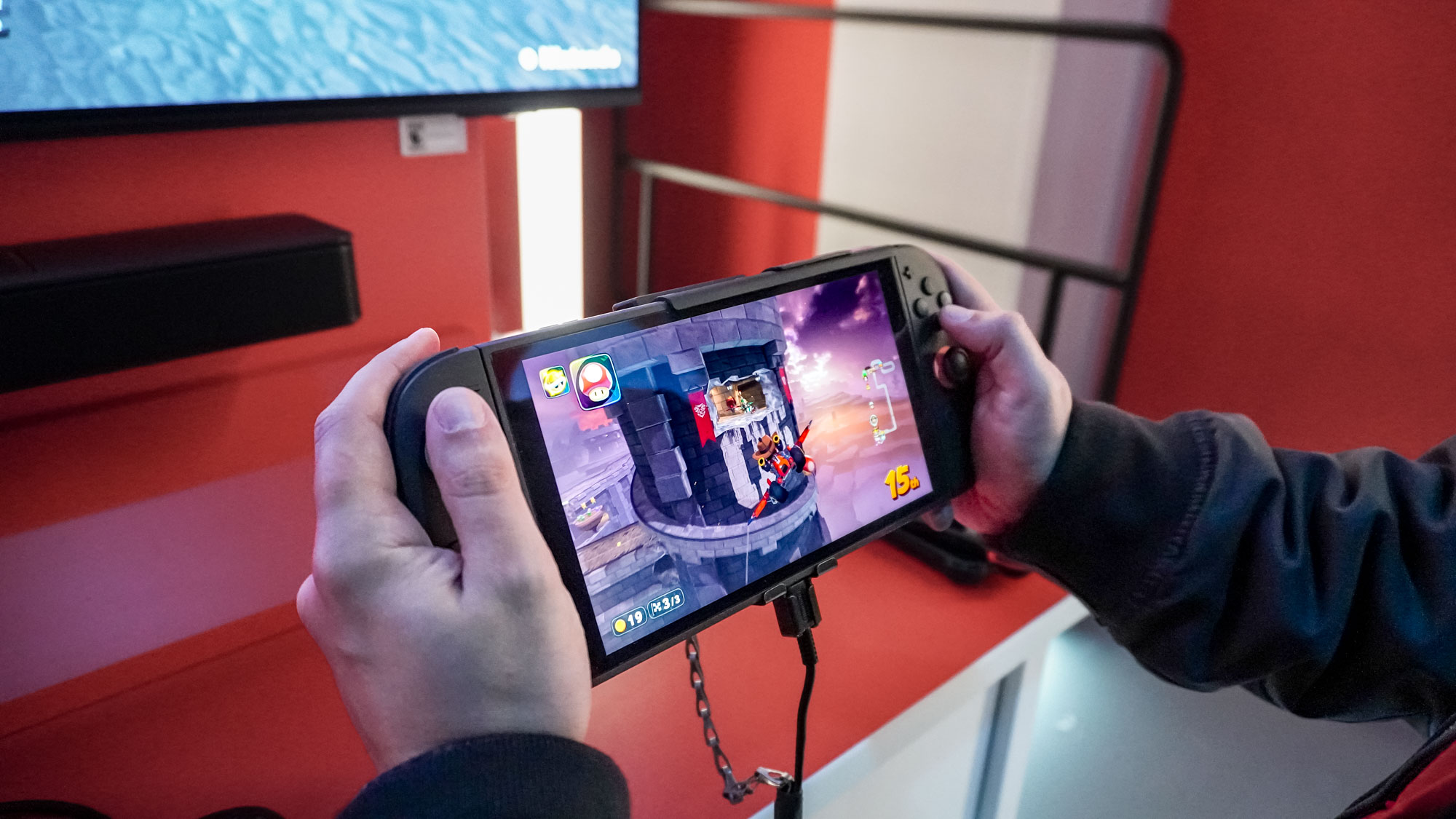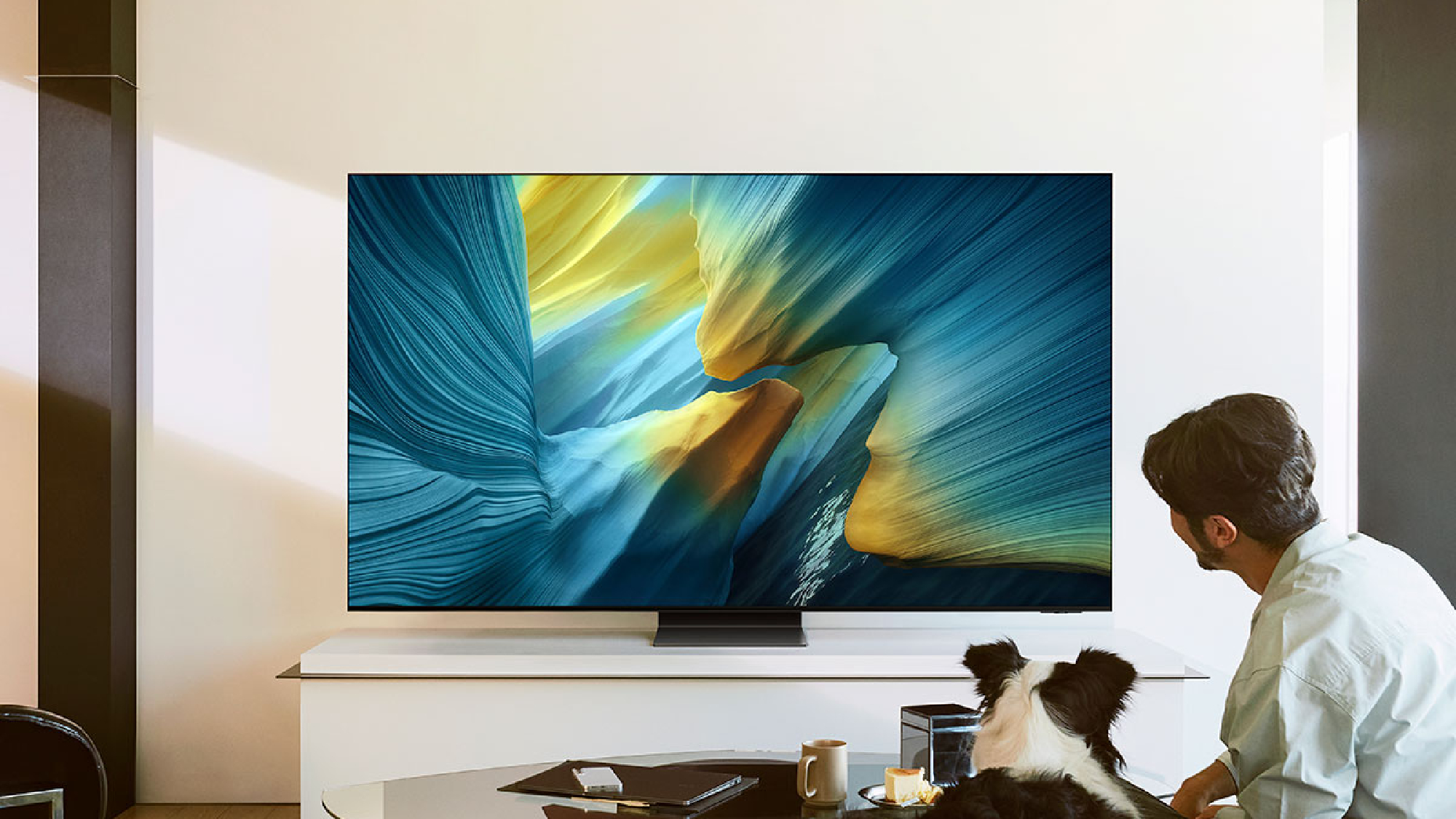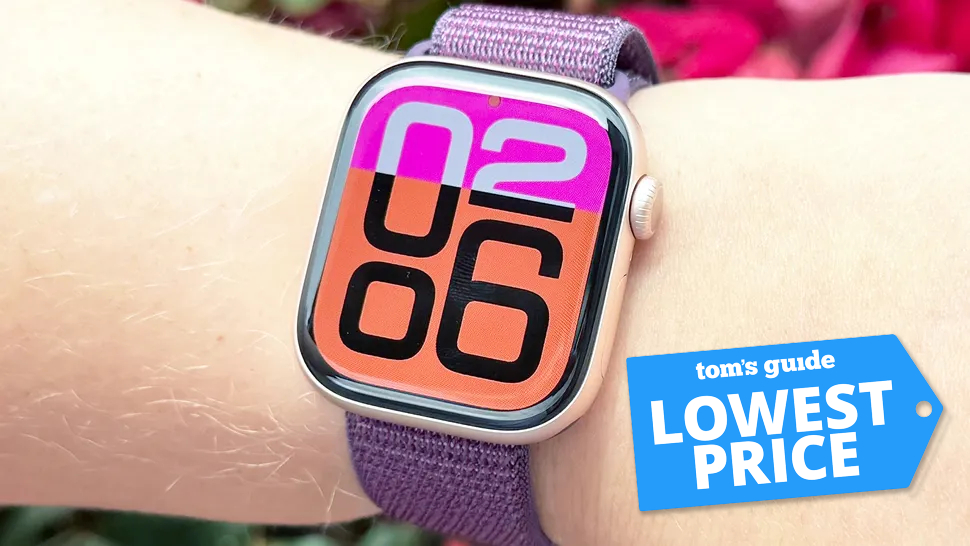When you purchase through links on our site, we may earn an affiliate commission.Heres how it works.
The threat of cybercrime is ever increasing.
How can we continue to protect ourselves in an increasingly technological and interconnected world?

Using one of thebest VPNsis a great place to start.
They encrypt your information, and hide your internet traffic.
It hits decent speeds and is more than capable of unblocking and handling streaming.

How can you protect yourself online?
Cybercriminals are getting better at tricking unsuspecting internet users, utilisingfake shopsor phishing scams they seem genuine.
Sthanu outlined the basic things consumers can look out for to protect themselves.

“There’s basic stuff that we can do.
Very basic policies and poor site quality is a red flag.
So these are all very basic things.”
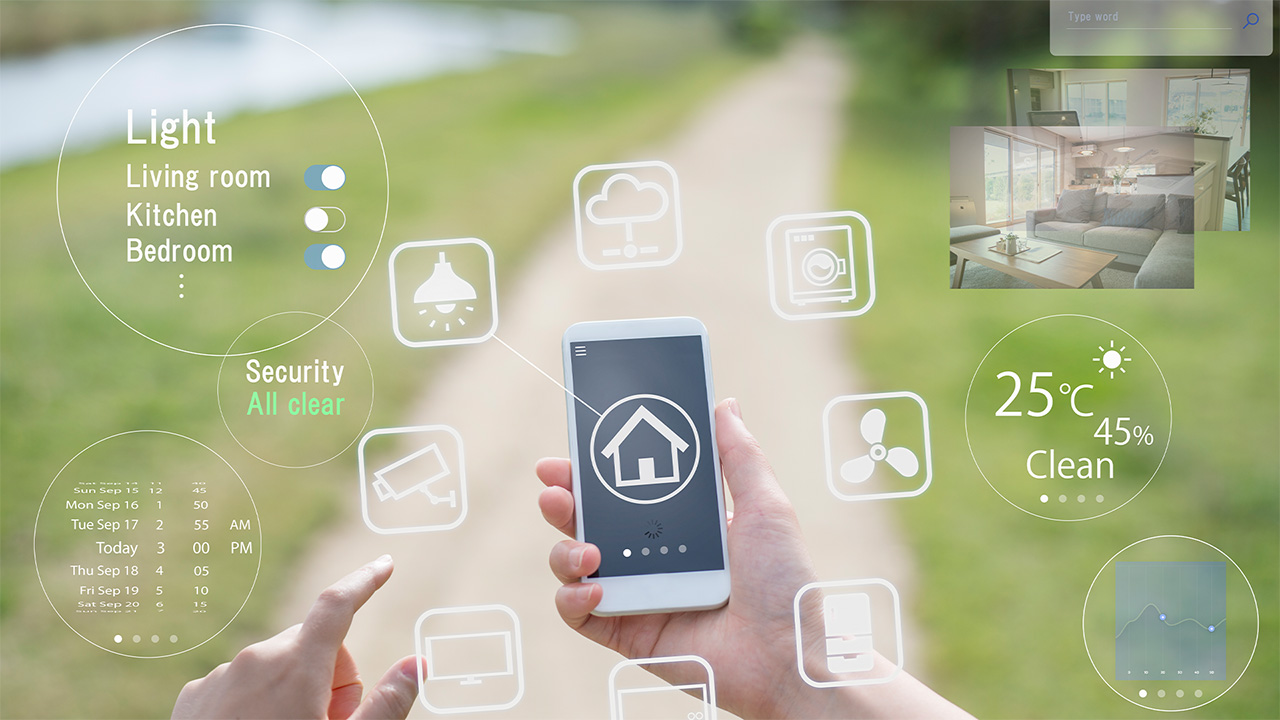
Sthanu stressed the importance of paying extra attention to all these signs when shopping online.
He commented that people can be in a hurry, and miss these important clues.
This is where a VPN, with a threat protection feature can come in.
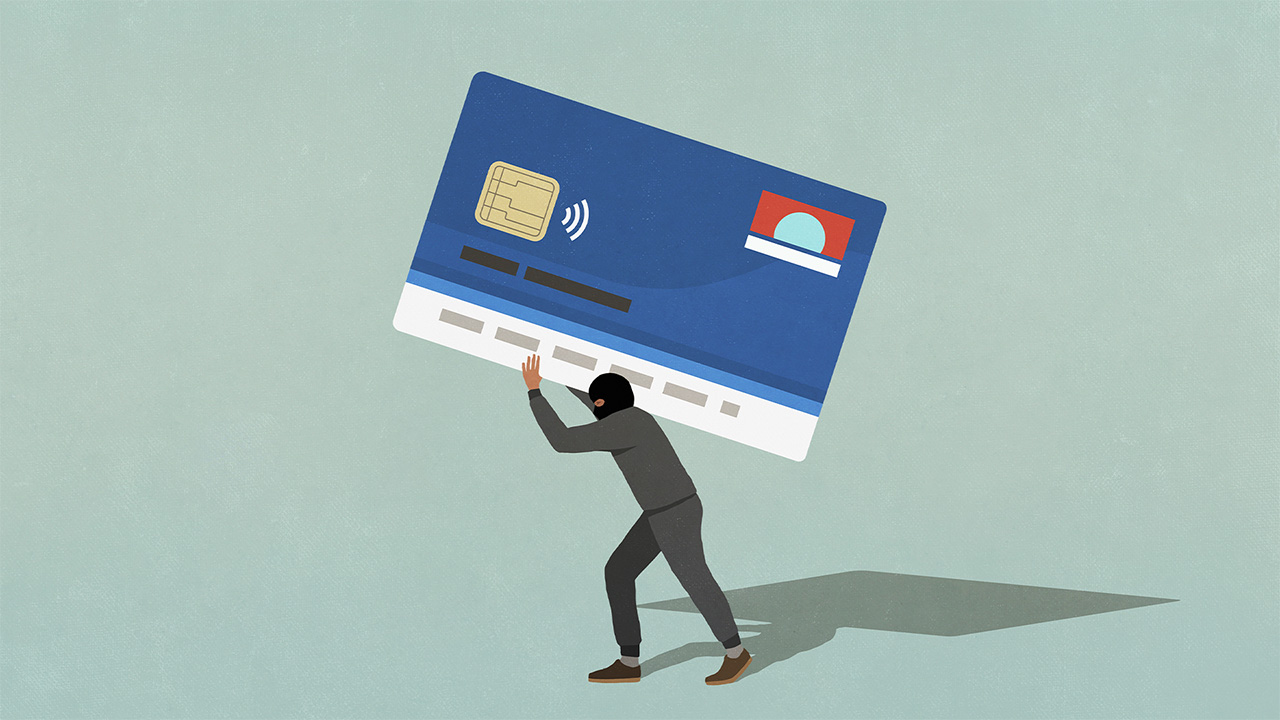
Sthanu calls VPNs a first step, and puts forward secure browsers as a second.
IPVanish’s secure surfing app utilises the cloud.
Session tracking, cookies, and targeting are all eliminated, as web browsing operates in a cloud sandbox.
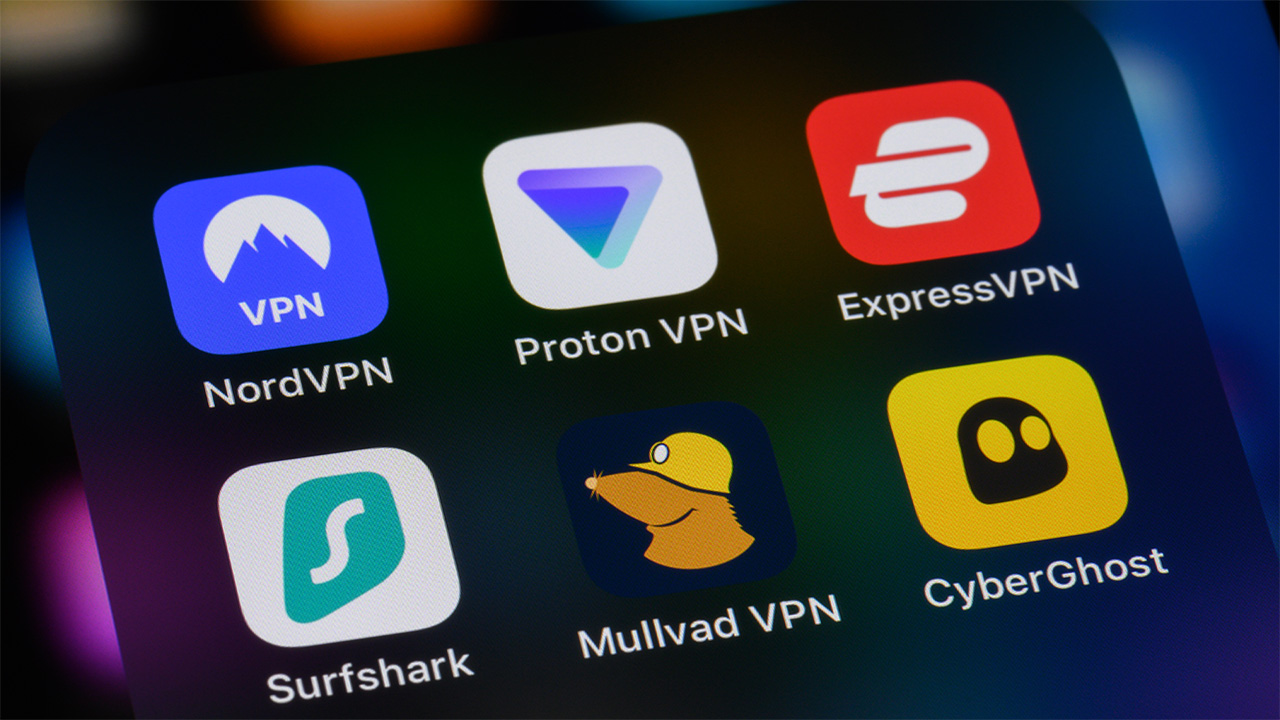
“You’re protecting your machine completely because you’re leaving zero footprint on your machine.
Everything is on the cloud, so that’s a complete game changer,” Sthanu added.
IPVanish also offers a link checker tool that helps spot fake and malicious sites.
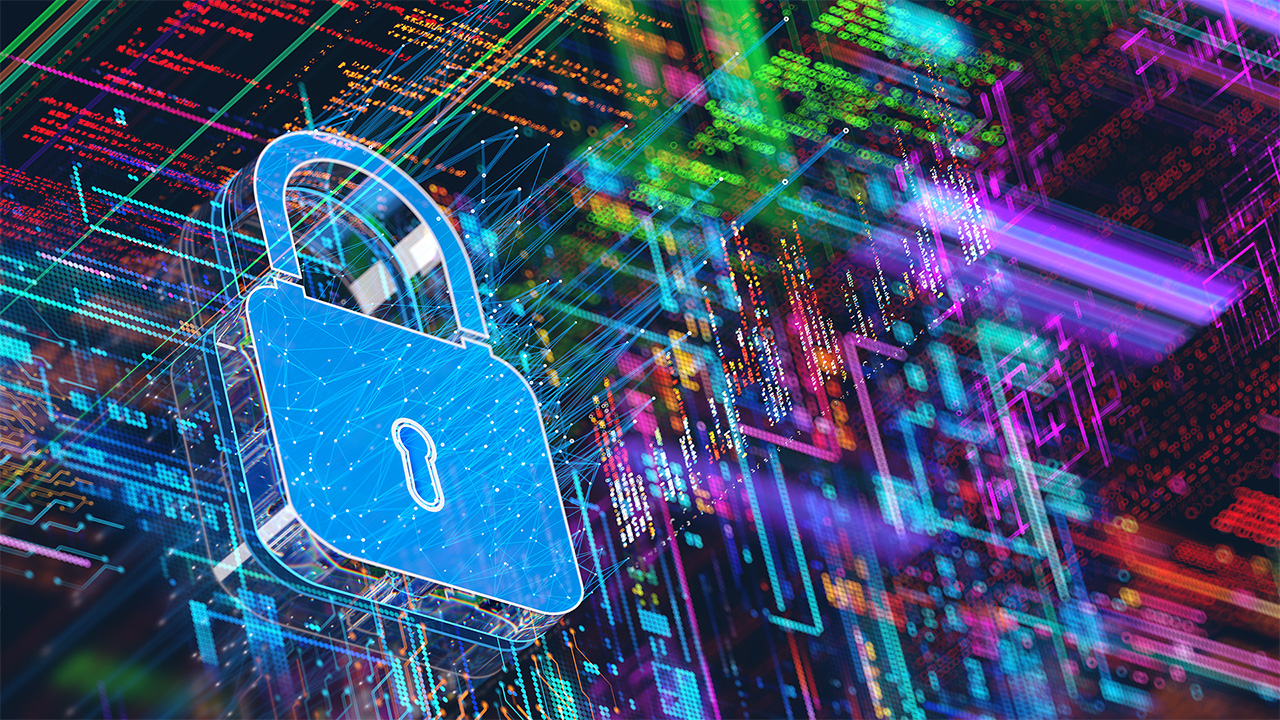
The future of encryption
Encrypting your data is a vital part of what VPNs do.
IPVanish is also taking post-quantum encryption seriously, and is actively working on its implementation, something Sthanu explained.
“There’s enough data out there which says the first 5,000 quantum computers may come out in 2030.
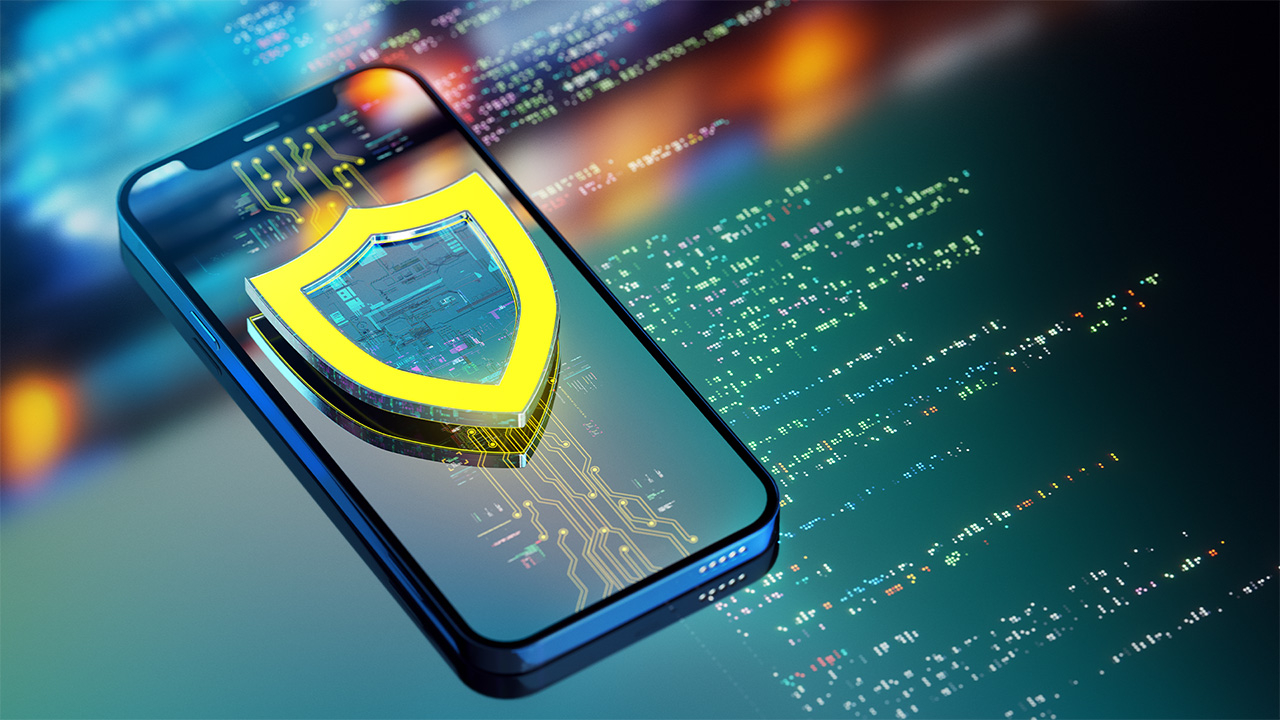
For the widespread consumer, Sthanu believed they’re possibly going to be 10 years away.
What role will AI play?
“When it comes to security, it’s always a game between the attacker and the ones protecting.

“But we’re also going to have advanced technology leveraging AI.
Whilst this brings many benefits to our day-to-day living, it also brings increased cybersecurity risks.
Like many others, Sthanu is concerned about the number of connected devices in homes.
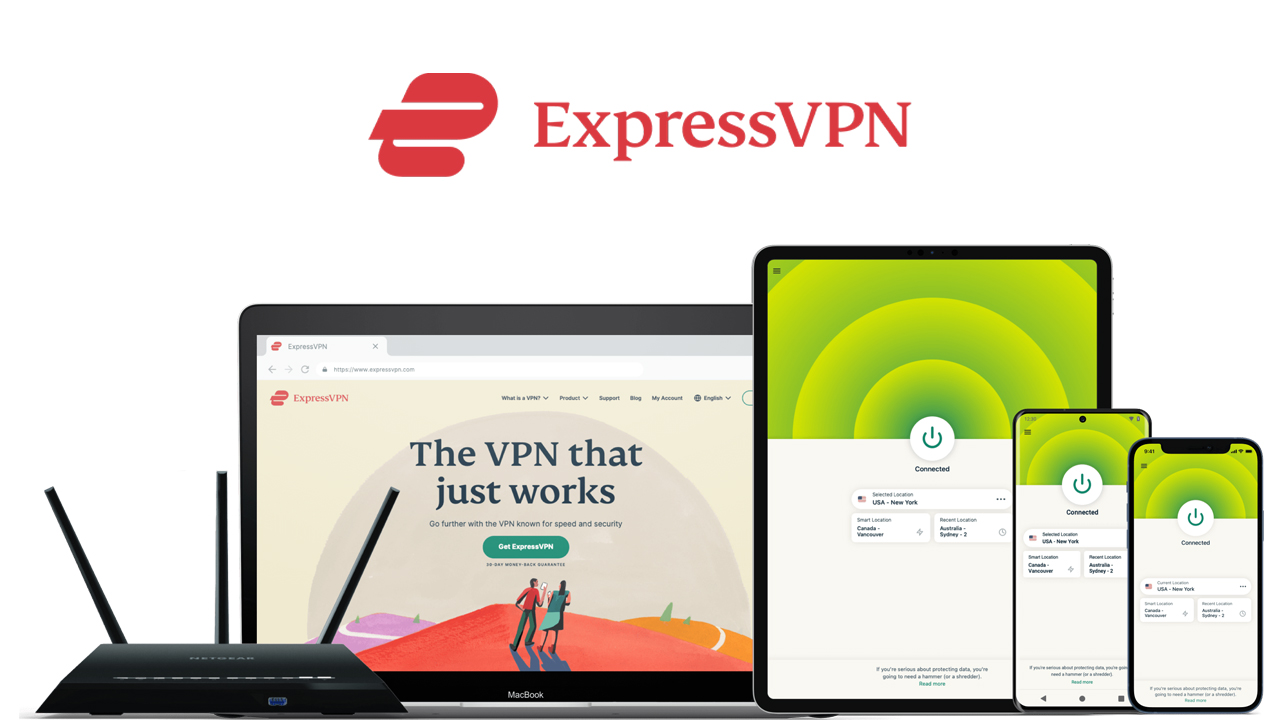
“Expanding [the growing number of connected devices in homes] basically expands the attack surface area.
It drives the need for stronger integrated security into all the connected devices at home,” he said.
The solution is integrating a VPN to all devices.

So making it more seamlessly integrated in whatever equipment you’re on.
Not just your tablets, mobile phones, and laptops anymore.”
“23 areas of attack, but also correlating those 23 different devices to find out more about you.
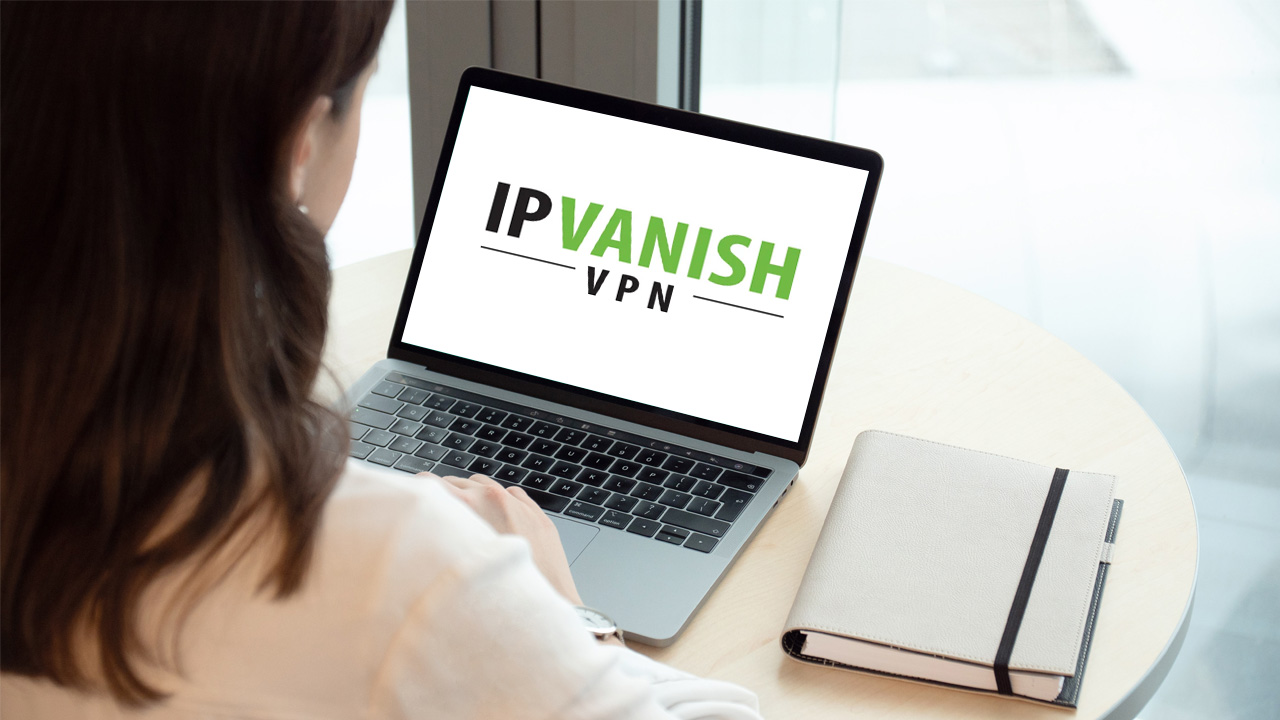
Setting up arouter VPNis a good way to protect all smart devices in your home.
ExpressVPN, which is our top VPN recommendation for routers, offers its ownAircove router.
This is a dedicated piece of hardware, preloaded with ExpressVPN, and ready to use in five minutes.

Something he again called “concerning.”
“What can the consumer control?”
“The consumer can stay informed about the latest threats and security best practices.
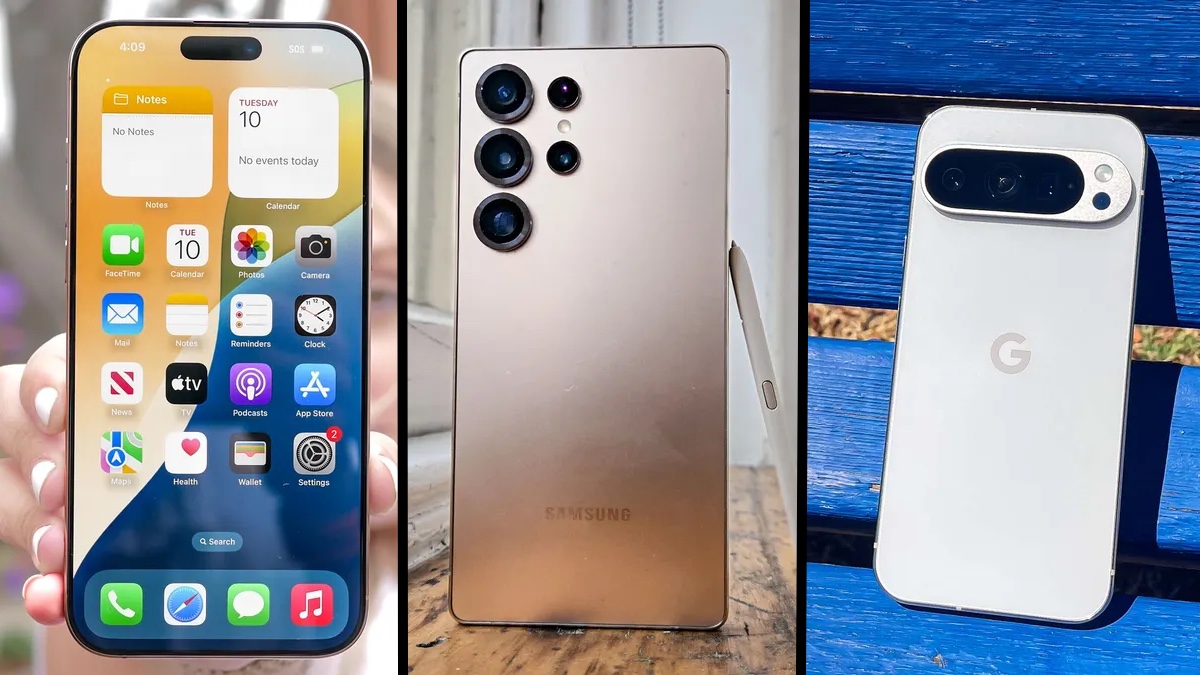
We are seeing increased levels of interconnectivity, as well as new tactics adopted by hackers.
Censorship in countries around the world is rising, and AI unlocks new cyber possibilities.
